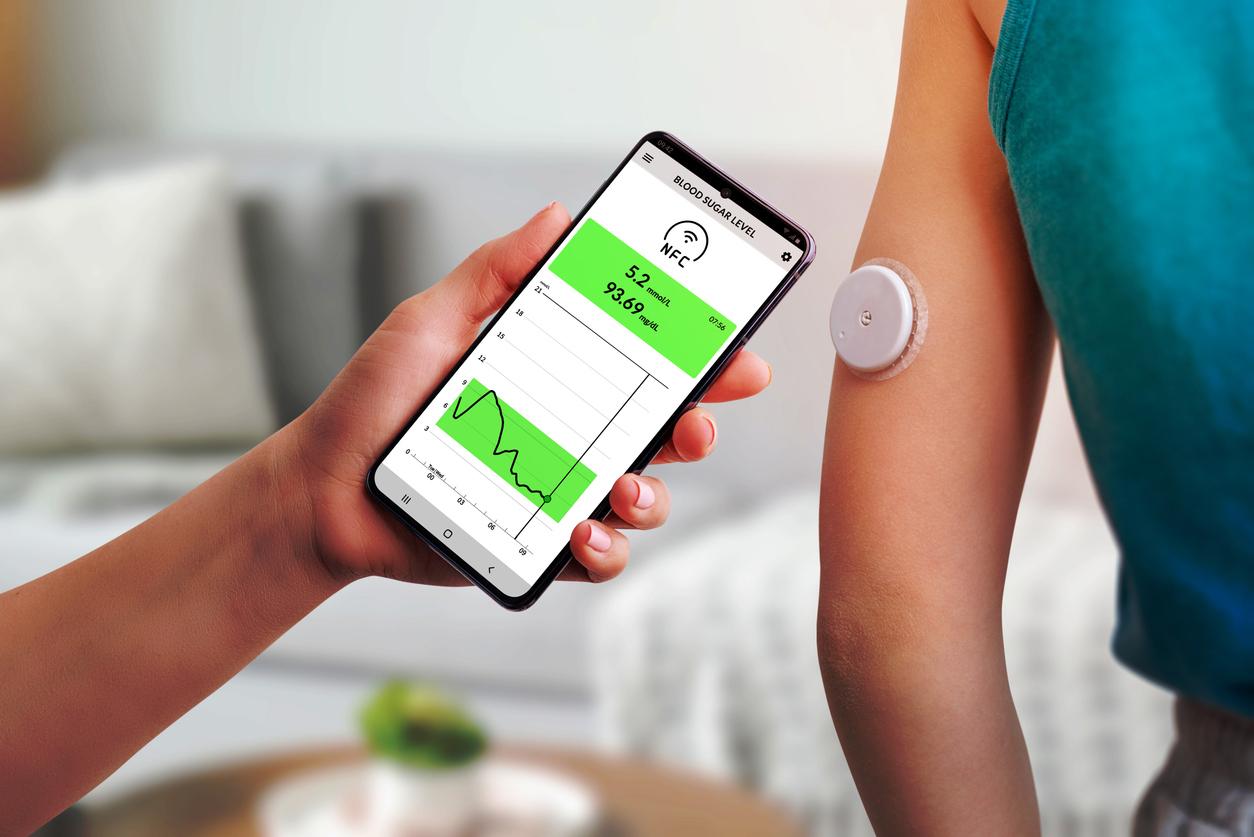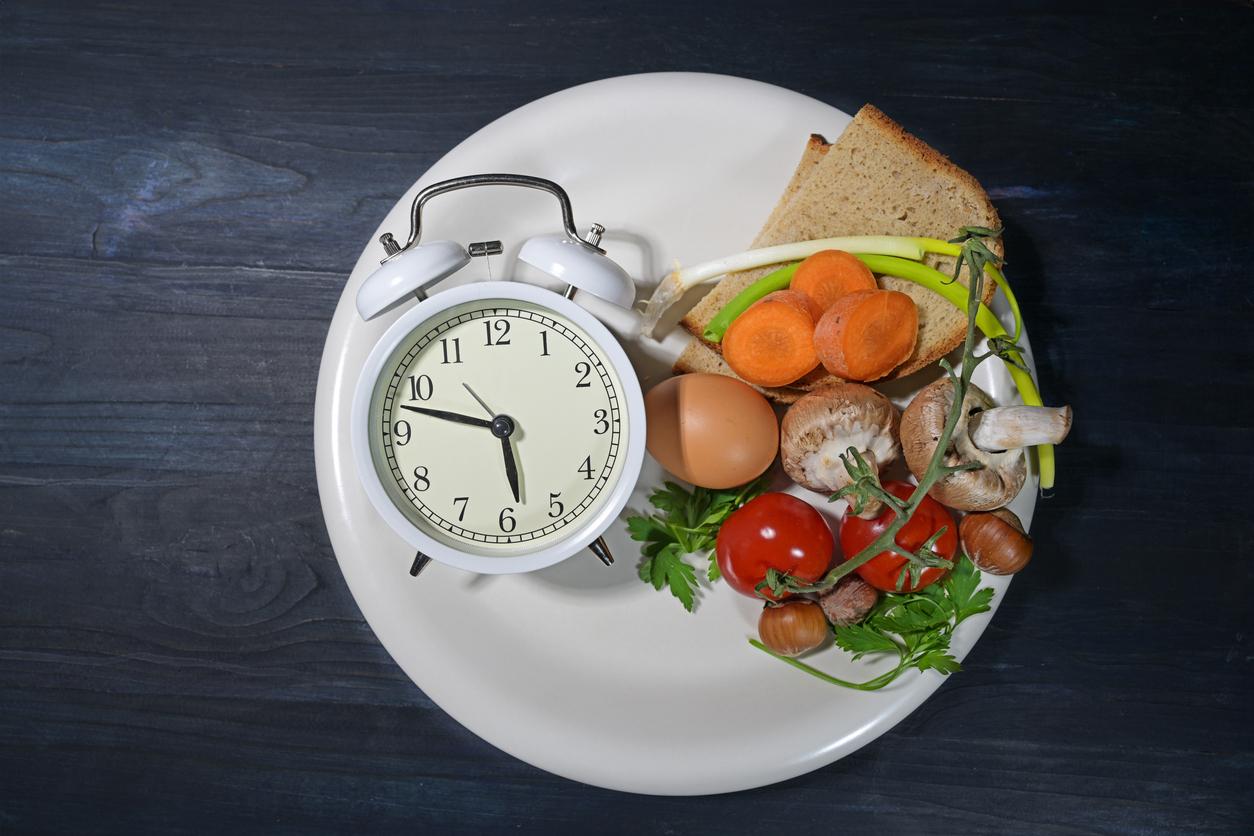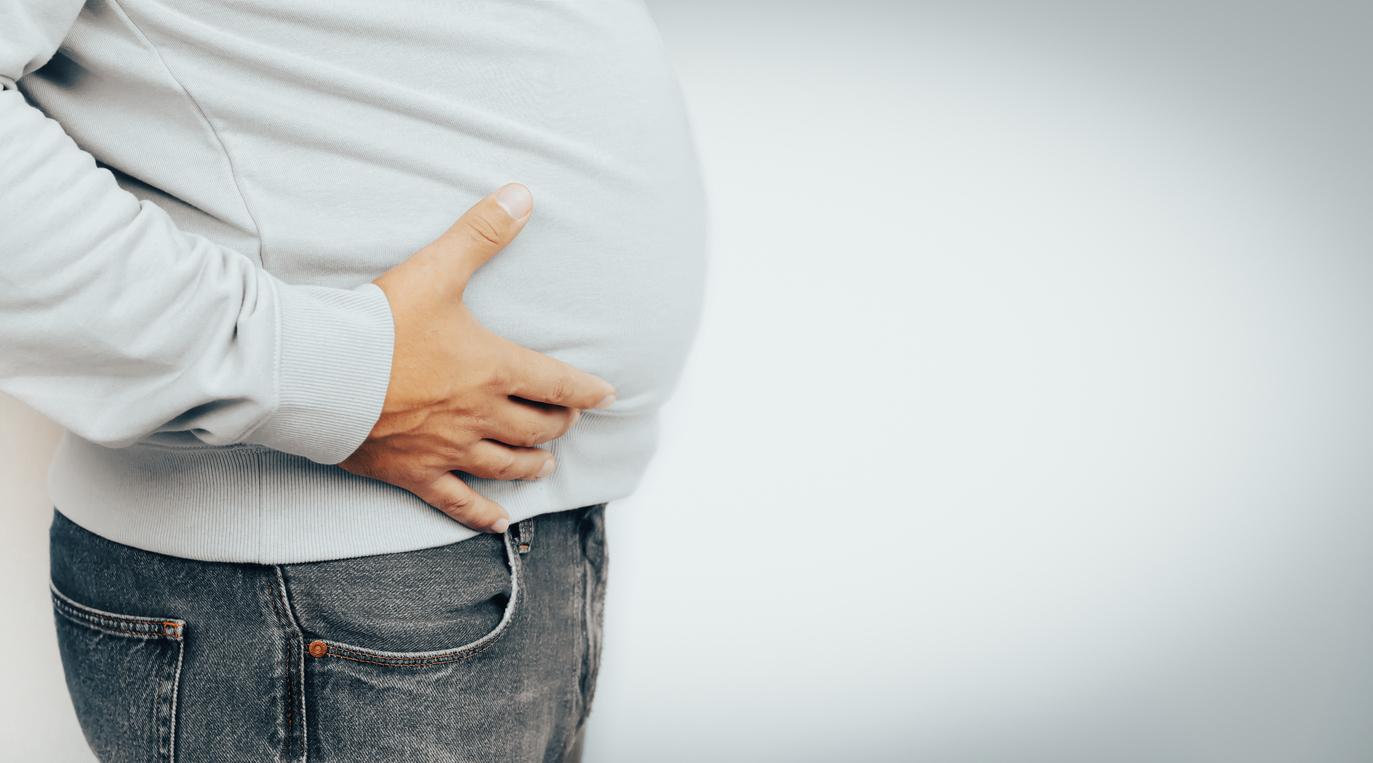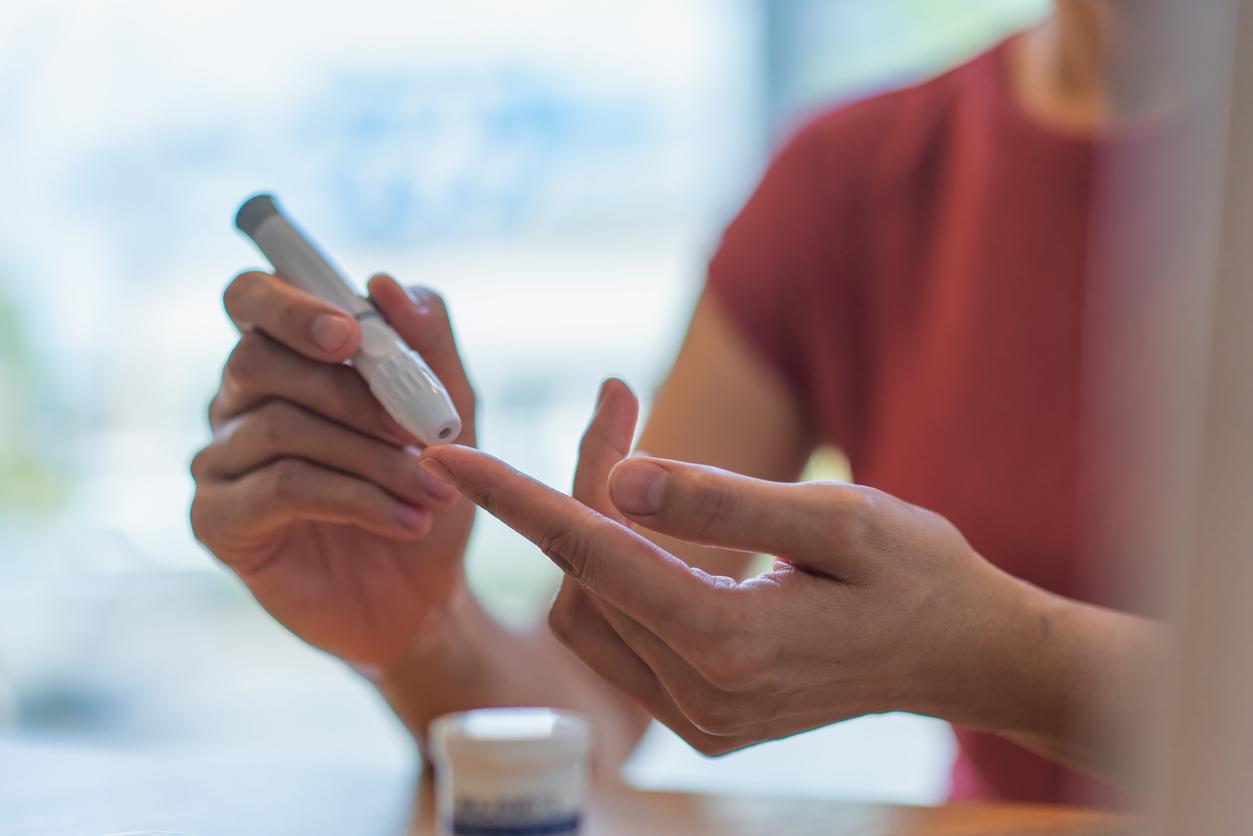When the lifestyle and dietary measures are not enough to restore normal blood sugar levels, treatment with tablets is necessary. “In the first place, we recommend metformin (Glucophage®)” says Professor Éric Renard, head of the endocrinology, diabetes and nutrition department at the University Hospital Center of Montpellier. A drug that has proven itself since it has been marketed in France since 1953!
“If metformin is not enough, the Haute Autorité de Santé recommends the prescription of sulfonamides (Amarel®, Daonil®…)” adds the specialist. These drugs stimulate the secretion of insulin by the pancreas. Sometimes they overshoot and can lead to hypoglycemia. “For this reason and also because they tend to cause weight gain, diabetologists sometimes prefer to prescribe DDP4 inhibitors (Galvus®, Januvia®…) which also stimulate insulin secretion. They appeared ten years ago”, explains Professor Renard.
When should I switch to insulin shots?
Injectable treatments are the treatment of last resort when diabetes progresses and that oral anti-diabetics are no longer enough. Of course we think insulin but since 2008, a new class of injectable drugs, analogues of GLP-1 (Victoza®, for example) have come to compete with insulin. These cost twice as much as insulin but they have the advantage of not causing weight gain. They also seem to reduce cardiovascular risk and have a beneficial effect on hepatic steatosis (less fat in the liver).
“For just over a year, there has also been a drug, Xultophy®, which combines a slow-acting insulin analogue and a GLP-1 analogue”, explains Professor Renard.
Will this treatment protocol evolve?
“Everywhere in the world, the recommendations for the management of type 2 diabetes are identical: first the measures of hygiene of life, then the oral antidiabetics and finally the injections of insulin”, answers Professor Rémi Rabasa-Lhoret, endocrinologist at the Clinical Research Institute of Montreal (Quebec, Canada).
But the Franco-Canadian endocrinologist is taking part in a large study which, if it leads to positive results, could modify this progressive management of diabetes. “We are trying to achieve remission of diabetes not through significant weight loss but by administering, from the onset of diabetes and for a period of only a few weeks, a combination of insulin and oral antidiabetics. “The goal is to rest the pancreas for a while and then rely exclusively on lifestyle measures without medication. Preliminary results have shown a remission rate of around 40%.” welcomes the doctor.
Read also :
Diabetes: mastering insulin injection
Diabetes: the disease can be reversed in 4 months


















